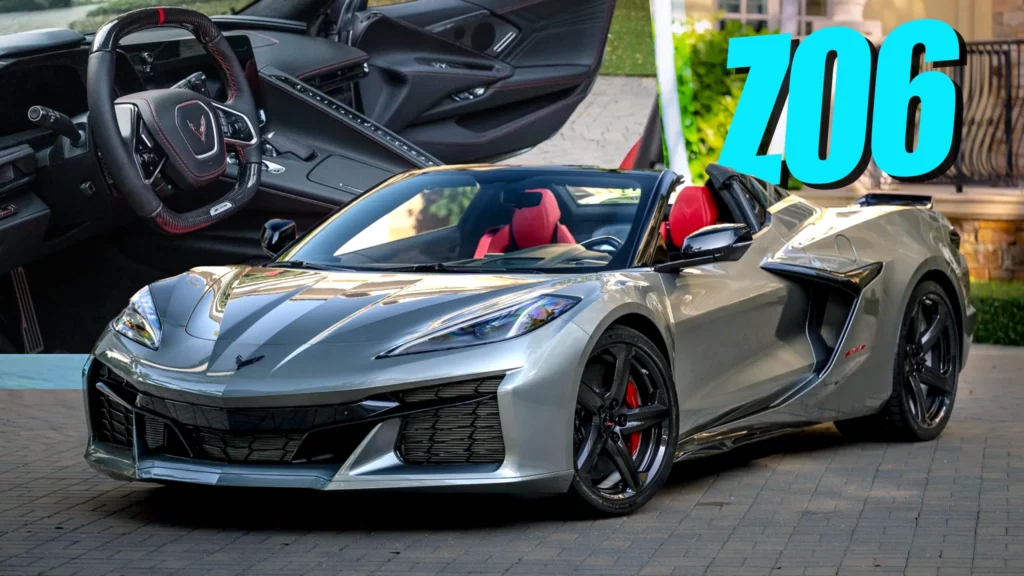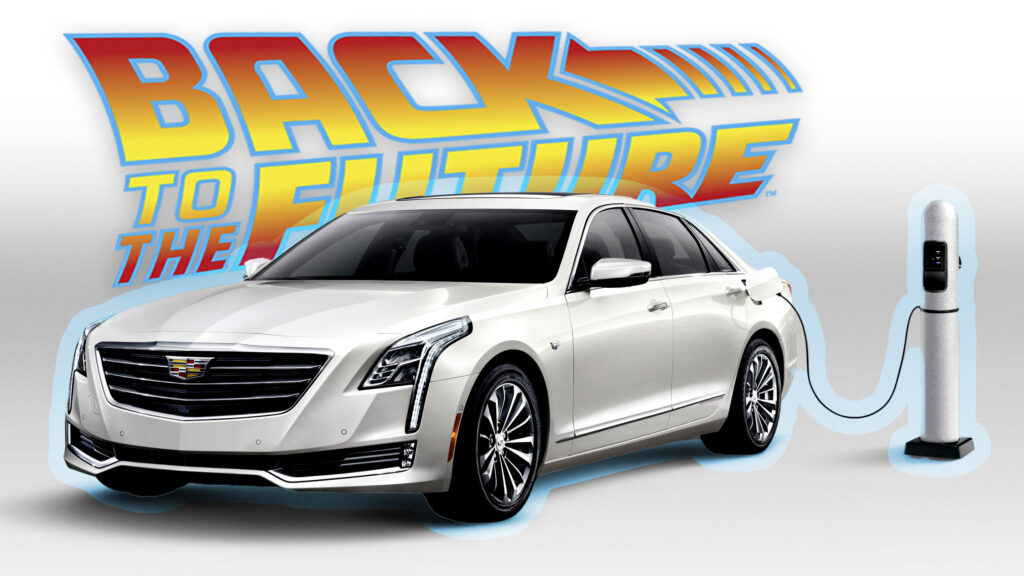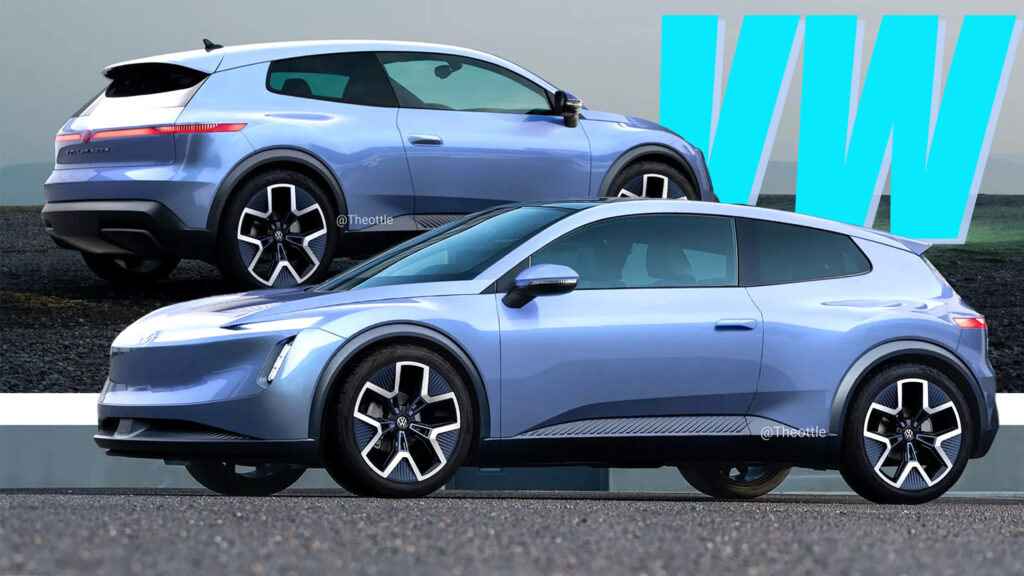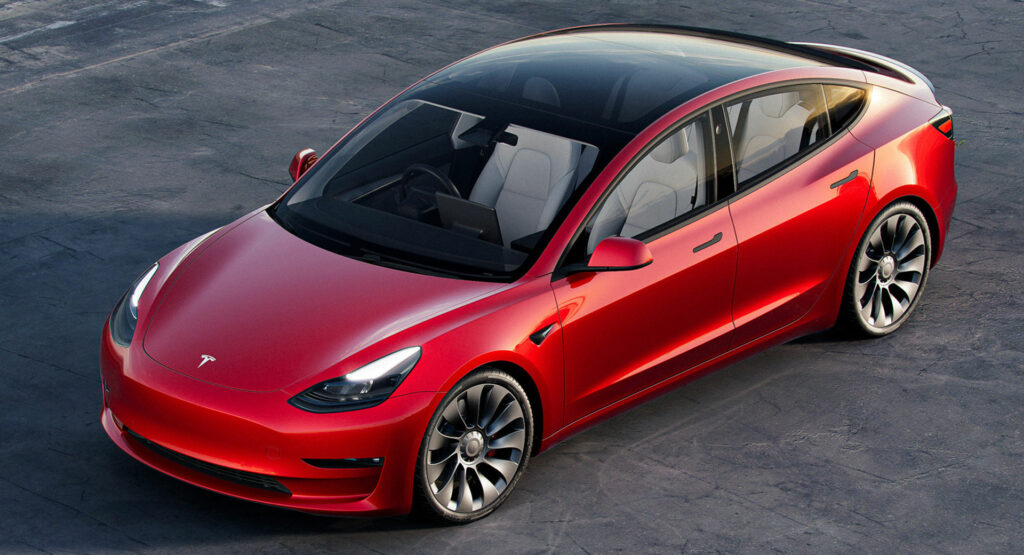It’s not too late to grab a Christmas bargain. In a surprise announcement, Tesla doubled its existing discount for new cars purchased by the end of the year to $7,500.
The offer applies to Model 3 and Y cars that are already in Tesla’s inventory and represents a $3,750 increase on the existing $3,750 discount the company announced for in-stock cars at the beginning of this month. Factor in the 10,000 miles (16,100 km) worth of free Supercharging these cars come with and it’s clear that some people are going to get a heck of a deal.
But Tesla isn’t just handing out the goodies to get into the Christmas spirit. The deals are all tied into the company’s efforts to boost year-end sales and make 2022 an even more successful year than 2021 when Tesla delivered over 1 million vehicles.
Related: Tesla Readying To Cut Jobs And Freeze Hiring
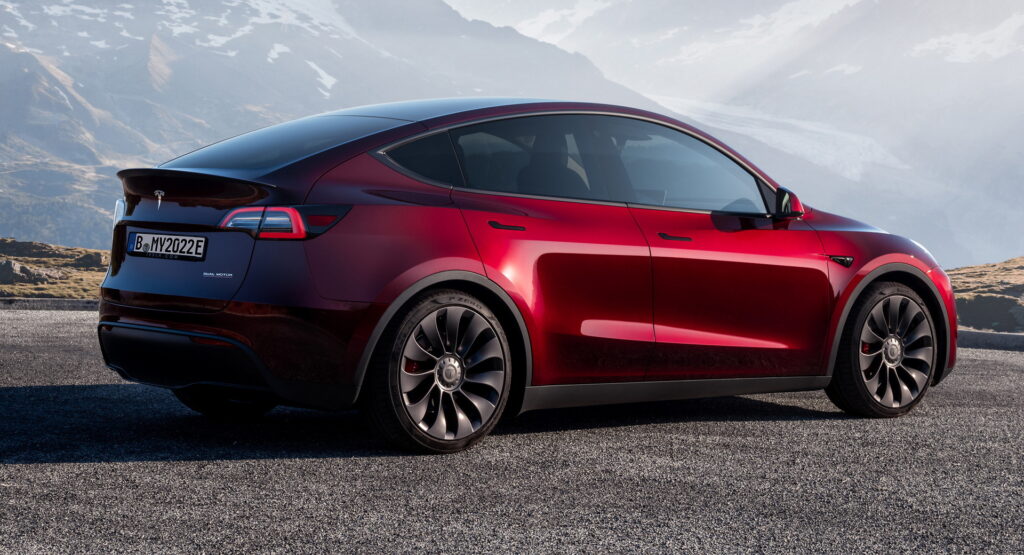
Buyers were on track to get $3,750 of tax credits with a new Tesla starting January when the government’s Inflation Act measures kicked in, so Tesla’s original $3,750 discount was designed to persuade them not to wait until the new year to purchase. But the Biden administration recently announced it was delaying some new measures relating to the origin and makeup of an EV’s battery pack, meaning Teslas would temporarily be eligible for $7,500 in credits during January. That news would be enough to make even the most impatient Tesla buyer hang in until 2023 before opening their wallets, hence the now doubled offer.
But some industry watchers have suggested that the offers signal a slowing in demand for Tesla’s vehicles. Elon Musk’s takeover of Twitter has almost certainly put some consumers off buying a Tesla, and the EV firm’s share price – which had already fallen markedly since this time last year – has dropped a further 39 percent. Tesla is also for the first time facing strong opposition from legacy automakers who have finally started to deliver large numbers of electric cars.
“The fact they seem to be cutting price to increase deliveries volumes doesn’t raise confidence, particularly at a time where we see increasing competition,” Craig Irwin, a senior analyst at ROTH Capital Partners, told Reuters.



